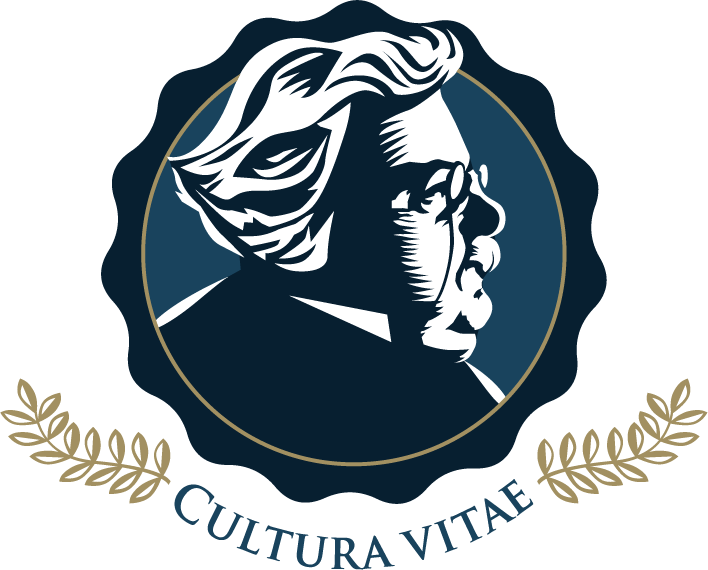Conversation with Frankenstein
With her circle of Romantic, ‘free’ spirited friends, Mary Shelley perceived the dark side of the ascendancy of scientific, materialist rationalism over nature, poetry and feelings. She was less aware of the dangers to humanity of her own set’s elevation of emotional passion and nature worship into the vacuum left by the Enlightenment’s dismissal of God. Their reactionary pull to the opposite extreme placed the demi-gods Artist and Lover on the throne that Science had usurped.
There are traces, in Frankenstein, of the author’s emerging awareness that her own position was somewhat shaky. The mad overreach of the scientist makes Victor Frankenstein the story’s villain, but the possibility that the monster is culpable makes him also a candidate for this role. The monster’s failure to be perfectly humanized by his amazing self-education, time spent in nature, and appreciation of beauty and human goodness may be the most human thing about him. If ever a ‘Noble Savage’ (the Romantic conception of a purely natural man) was shown to have an irreparable wound, and a bent toward evil despite his initial ‘innocence,’ and his humanistic education, it is this creature.
If Victor aspires to be God, the monster surely aspires (like Enlightenment Man) to be godless, to bring his creator down to his level, and to have vengeance upon God for the pain and suffering of his life. We wondered, as we read, whether Shelly recognized herself as her lover’s self-reflecting creature, who became less valuable to him as she was tarnished by grief at the deaths of her babies. How many modern lovers lose that romantic feeling if a baby threatens to displace them in a woman’s affections, or if her longing for a child reflects back their own infantilism instead of their perfections? Were these babies just ‘her problem’?
Was Mary awakened to her own blind adoration of Percy as she wrote Frankenstein, and described the worshipful and ridiculously uncritical regard that Victor’s father, teacher, fiancé and friend had for him despite his most erratic and selfish behavior? Perhaps she had already begun to long for the stability of some of the staid, boring conventionality they represent. Maybe she had intimations of danger, or inability to love, in “the one who rises above and flaunts moral norms and limitations.”
Might Mary have seen in herself a monstrous and unnatural creature, brought to ‘life’ by the spark of romantic love by a demi-god who then could not bear the actuality of her womanly being, her pain and depression, her grasping need of him? Surely she did experience being made unfit for and outcast from society. It must have hurt her deeply to look in upon hearth and home, family love, simple human goodness with yearning, but to be shunned as something like an abomination. Did Mary fantasize just a little about loosing rage upon those who rejected her – of being a monster with no culpability for its actions?
Notice that Victor was not so much horrified by the idea of meeting the monster’s demand for a female creature, but by the possibility they might procreate and their offspring wreak havoc in the land. How surprising to a congenial, conversational, romantic couple must be the reality of an impending child. And oh, how the babes do wound you as a woman – open up depths far below the surfaces you might have lived on, otherwise; ruin you for ‘Love Lite’ by eliciting a new and sacrificial and imploring love that is a constant prayer – whether God exists or not – from a mother’s heart for the life of her child. Can a creature be human who has not sprung from a womb, affected a mother in this way, but only is a combination of man’s mind with inert matter?
Could a woman living as an abstraction of a man’s self expect him to comprehend, to share, even to sympathize with the piercing actuality of her grief at the loss of her baby? I think not. Mary wrapped her story in a story, with another layer of (Walton’s) narration. Our study group thought it still peeked through. Ultimately, Mary’s humanity found no correspondence in the being of her ‘creator,’ just like the monster that emerged from her imagination. How different their lives might be in a world where God still reigned supreme.
Note: I chose Frankenstein for a Moms and Sons literature group and a Moms and Daughters lit group.

